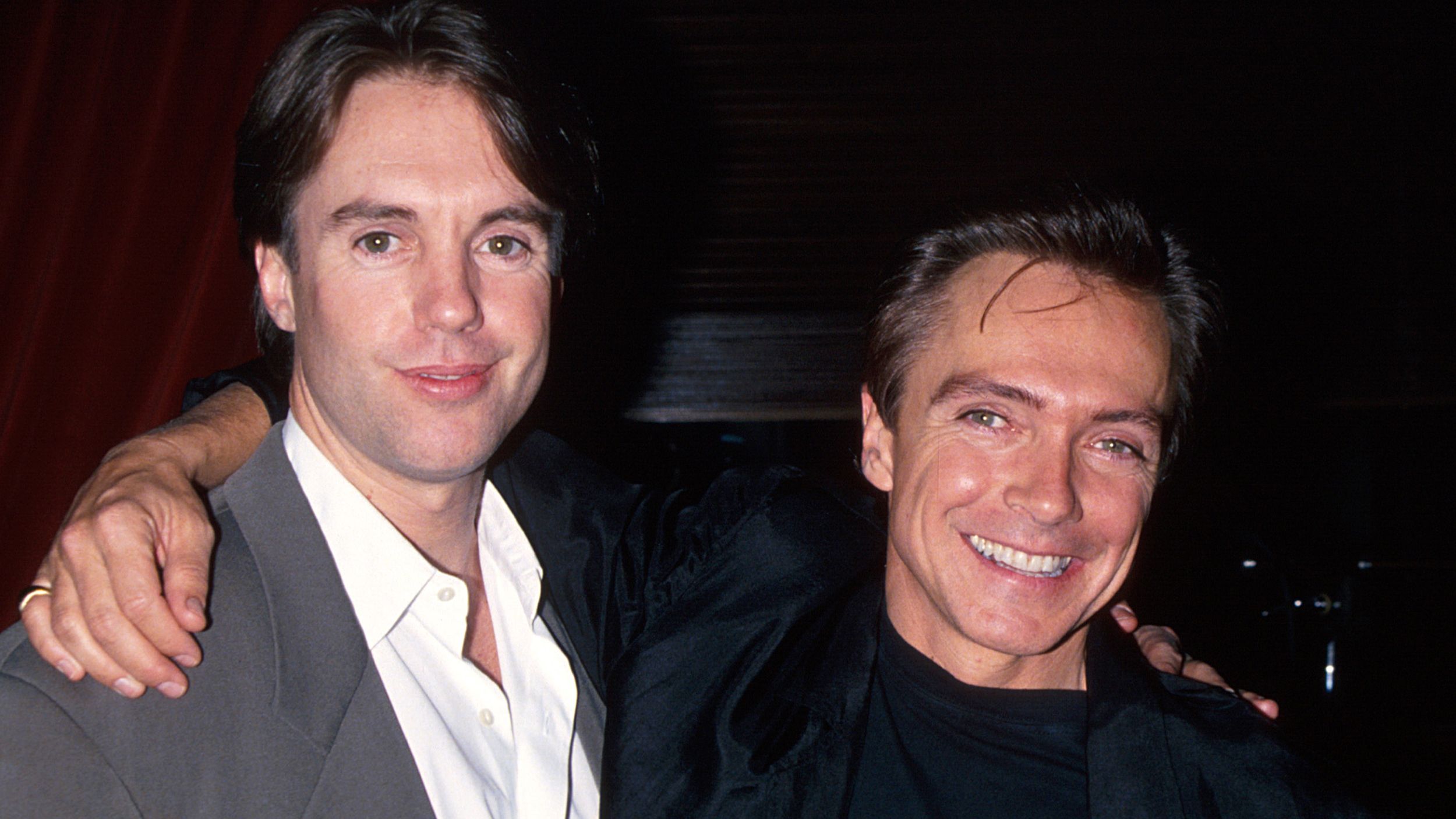
A sudden confession caught between innocence and certainty, “I Think I Love You” is the sound of a young heart realizing—almost in disbelief—that feeling has quietly turned into truth.
When David Cassidy sang “I Think I Love You” in 1970, he wasn’t yet the fully formed teen idol the world would soon know. He was, instead, the voice at the center of a cultural moment—one foot in television fiction, the other stepping firmly into real pop history. Released in August 1970 as the debut single by The Partridge Family, the song quickly escaped the boundaries of its TV origins and became something far larger. By November 21, 1970, “I Think I Love You” reached #1 on the Billboard Hot 100, where it stayed for three consecutive weeks, becoming one of the defining pop singles of the early 1970s.
The song was written by Tony Romeo, a seasoned Brill Building songwriter who understood how to distill emotional revelation into simple, unforgettable lines. Romeo reportedly conceived the song as a gentle internal monologue—a conversation someone has with themselves when they realize affection has crossed an invisible line. That concept proved quietly powerful. The lyric never shouts love; it discovers it. And that discovery is exactly what made the song resonate so deeply.
Though credited to The Partridge Family, it was David Cassidy’s lead vocal—clear, youthful, and emotionally unguarded—that carried the song into the hearts of millions. At the time, Cassidy was only 20 years old, and his voice held a rare balance: confident enough to sound sincere, yet unsure enough to feel real. That tension—certainty wrapped in hesitation—is the emotional engine of “I Think I Love You.”
Commercially, the song’s success was immediate and astonishing. It sold over one million copies, earning a gold certification, and helped propel the debut album The Partridge Family Album to #4 on the Billboard 200. Importantly, this wasn’t just a television novelty. Radio embraced it fully. Listeners who had never seen a single episode of The Partridge Family still knew the song by heart. It lived independently, proof that authenticity—however unexpected its source—can cut through cynicism.
Musically, the production is deceptively simple: a buoyant rhythm, bright harmonies, a melody that feels like it’s always been there. Yet beneath that brightness lies emotional subtlety. The song doesn’t describe love as fireworks or destiny. It describes it as a realization that sneaks up on you—I think I love you… so what am I so afraid of? That line alone captures a universal human moment: the fear that arrives not before love, but after it becomes undeniable.
This is where David Cassidy’s performance matters most. He sings not like someone proclaiming love to another person, but like someone admitting it to himself for the first time. There’s a gentle breathlessness in his delivery, a sense that the words are forming as he sings them. That intimacy is why the song has endured long past its original context. It doesn’t feel dated; it feels remembered.
For many listeners, “I Think I Love You” became a personal soundtrack—to first crushes, to afternoons by the radio, to a time when emotions felt both overwhelming and beautifully uncomplicated. And for Cassidy himself, the song marked the beginning of a double-edged legacy: extraordinary fame paired with expectations he would spend much of his life negotiating. Yet within that complexity, this song remains untouched by irony. It is pure in intent, honest in tone.
The meaning of “I Think I Love You” lies not in certainty, but in courage. It reminds us that love often begins not with confidence, but with vulnerability—with the willingness to name a feeling before it feels safe. That quiet bravery is what gives the song its lasting power.
More than five decades later, when the opening notes drift in, the years seem to fold inward. The voice is young. The feeling is fresh. And for a few minutes, the world returns to that simple, suspended moment—when love first introduces itself, softly, and everything is about to change.